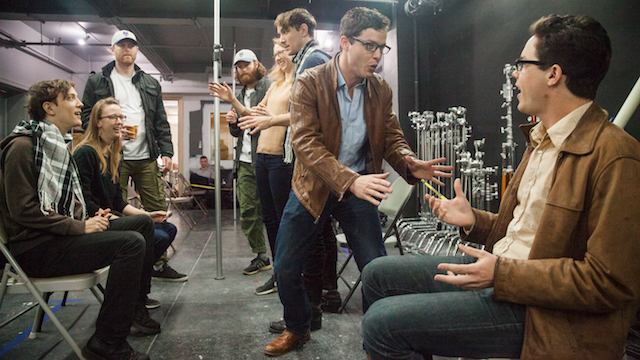Idea: recipes have a difficulty score that is based on science and we all know our level
We love scoring and rating things.
All I have seen from recipes is preparation time and easy/harder.
I propose a 10-point scale set using rules set by cooking experts.
How hard is it to cook this well enough to (relatively) please 80% of eaters? People who typically like everything has their vote discounted, and vice versa…
Factors include timing, cutting skills, number of operations/ingredients, assembly, multi-tasking…
Anything microwaved is 1
Toast is 1.5, if the setting has been worked out
A roast dinner would be 2
A salad 3
A sandwich 4
A soup 5
A pasta dish 6
A pizza 7
A steak is 8
Then use AI to read a recipe and work out how long it takes. 10 point scores for difficulty, hours and minutes for time.
If I know my skill level of 1-10, and the time I have in hand, I can choose a recipe.
The difficulty score methodology is secret. First mover advantage and the “secret” keep it as the standard trusted score.
A souffle is 9
Anything not already done is a 10

